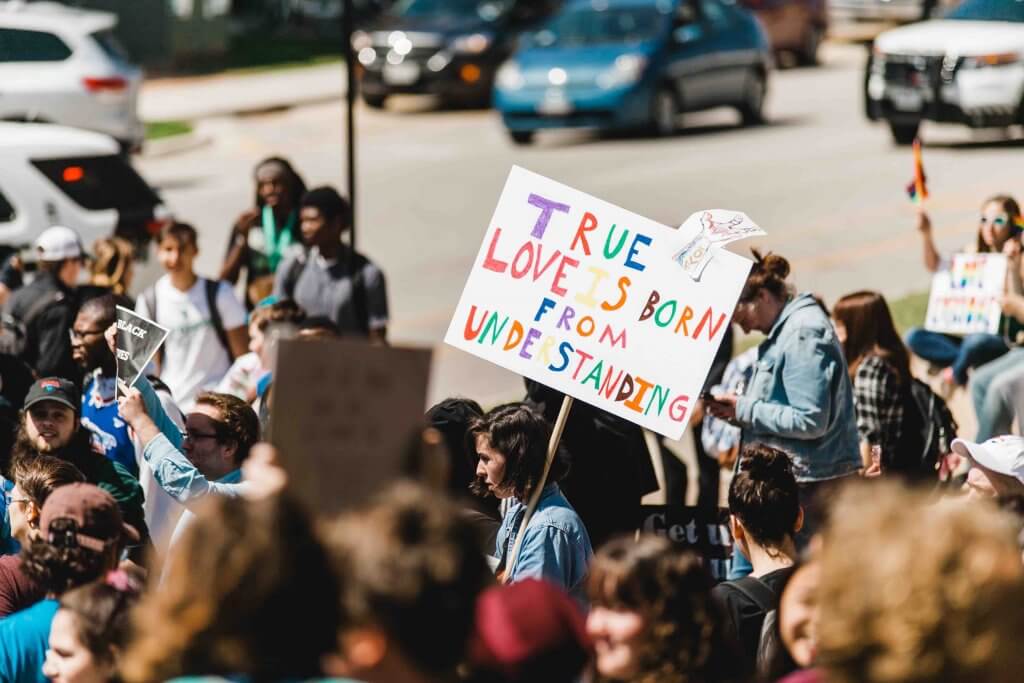Georgia Man Pursues LGBTQ Case in US Supreme Court
October 30th, 2019

In the last several decades, LGBTQ individuals in the United States have seen tremendous victories that greatly advanced their rights in this country. Some of the decisions that helped advanced these rights include the Supreme Court’s decision to overturn sodomy laws in 2003, extend benefits to same-sex couples in 2013, and to legalize same-sex marriage in 2015.
More recently, however, a man in Georgia has pursued a landmark LGBTQ case that could potentially turn back the clock on LGBTQ rights all the way to the United States Supreme Court
The Facts of the LGBTQ Case
In 2003, Gerald Bostock became the coordinator of Clayton County’s Court Appointed Special Advocate Program. In his role, Bostock recruited and trained volunteers who were assigned to help monitor children in foster care. Bostock claims that he was terminated from his position with Clayton County, Georgia because he is gay. As a result of this termination, the man claims he lost his dream job as well as relationships with colleagues and friends.
The man’s case, which was argued in front of the Supreme Court in October 2019, requests the court to find that Title VII of the Civil Rights Act of 1964 extends protection for LGBTQ individuals. Federal appeals courts have been mixed in their position on whether Title VII’s prohibition of employment discrimination based on sex extends to sexual orientation. Some have found that it does, and others have found that it does not.
Arguments Presented by the County
Clayton county argues that Congress prohibited sex discrimination in Title VII, but did not simultaneously prohibit discrimination due to someone’s sexual orientation. The county additionally argues that the worker’s sexual orientation had nothing to do with why the worker was terminated from the position. Instead, the county argues that the worker was terminated as a result of an audit which determined that Bostock was responsible for a deficit now faced by the county.
In response, the worker argues that he did nothing wrong. In his briefs, the terminated worker argues that workplace discrimination based on sexual orientation occurs when an employer insists on reinforcing traditional sex and behavioral roles. This is part of the reasoning put forth by the appeals courts that have found sex discrimination encompasses sexual orientation discrimination.
The Current State of the United States Supreme Court
The man’s case is the first LGBTQ case brought before the United States Supreme Court since Justice Kennedy left his position. For many years, Kennedy played a pivotal role in deciding many influential LGBTQ cases and advancing rights. Kennedy’s successor, Justice Kavanaugh, will function in the same role and, many fear, is likely to halt the advancement of LGBTQ rights in the country.
Justice Kavanaugh, however, is a follower of Justice Scalia, who issued as an opinion in 1998 that same-sex harassment can violate Title VII.
Continue Reading the Universal Life Church’s Blog
It remains uncertain if the case will result in an additional advancement or setback for LGBTQ individuals in the country. Regardless of the outcome, the Universal Life Church’s blog is dedicated to documenting the most noteworthy and recent changes in LGBTQ rights.
We focus on describing these changes in a way that explains the arguments presented by both opposing sides.


